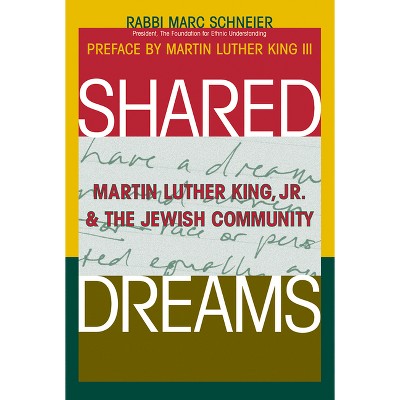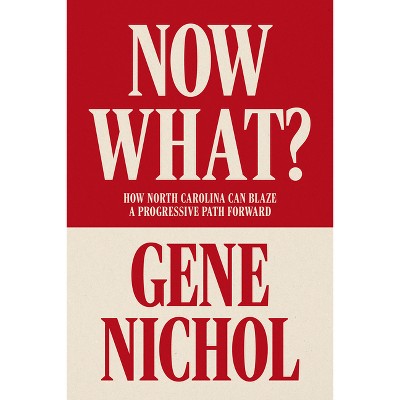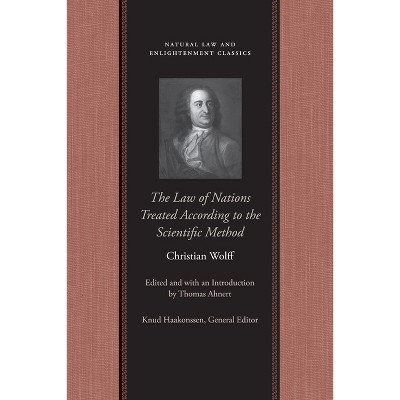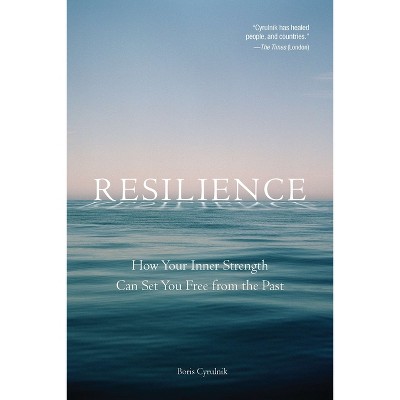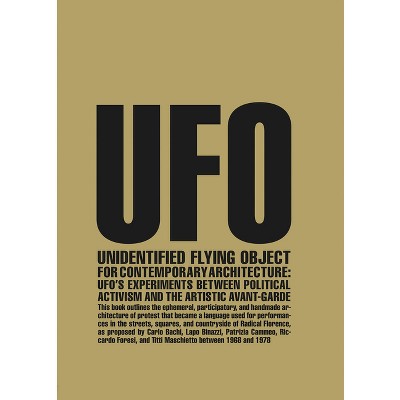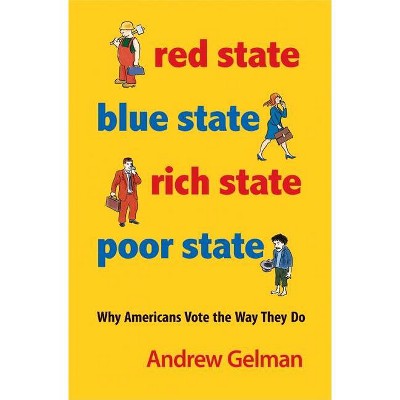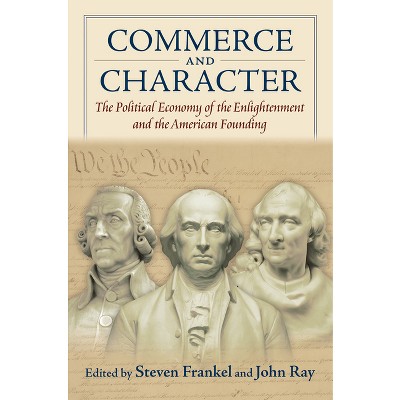Sponsored

No Country for Idealists - by Boris Frankel (Paperback)
In Stock
Sponsored
About this item
Highlights
- This book is a dramatic account of the making of a family of 'subversives' in Australia and the USSR during the Cold War.
- Author(s): Boris Frankel
- 388 Pages
- Biography + Autobiography, Social Activists
Description
About the Book
A dramatic account of a radical family that travelled from Melbourne to live in the USSR during the late 1950s. No other Australian family went through the extraordinary experiences detailed in this unconventional historical memoir.
Book Synopsis
This book is a dramatic account of the making of a family of 'subversives' in Australia and the USSR during the Cold War. It also captures the texture of everyday life in Australia and Russia, with humour and insight. Importantly, it is much more than a tale of dreams and deceptions. It is an unflinching chronicle of love and courage in the face of concerted opposition by both the Menzies' authoritarian government of 'illiberal democracy' and the Soviet dictatorship. Above all, it is a story of idealism, illusions, resistance, and radicalisation. No other Australian family went through the extraordinary experiences detailed in this unconventional historical memoir.No Country for Idealists deals with how Abraham and Tania Frankel came to Australia from Russia and Poland, their active political and social life in Melbourne, being targeted by ASIO as subversives.
They were interrogated by ASIO because of their association with Vladimir Petrov and other Soviet diplomats.
The family's departure from Australia for the Soviet Union in 1956 was front-page news, but their arrival in the USSR shattered their ideals.
Isolated in Kerch, Crimea, interrogated and arrested by Soviet authorities, the book is a vivid account of their experiences in Khrushchev's Russia and their seven-year-long struggle to reunite in Melbourne.
It concludes with an account of how their lives unfold in Australia after their return.
Review Quotes
Robert Manne: "It is truly a fascinating, vivid, and singular story."
Peter Chistoff: "A gripping tale of devotion, idealism and folly that spans the globe. It provides a unique insight into dissident and migrant life in Australia."
Shipping details
Return details
Frequently bought together
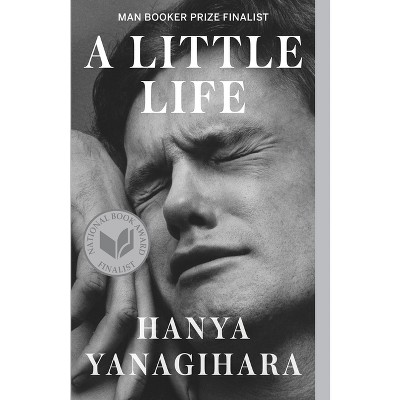


Trending Non-Fiction






